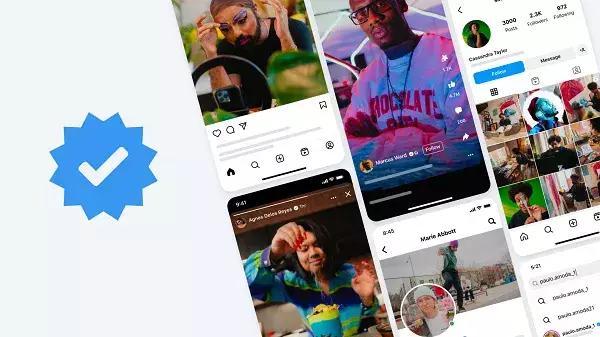Many social media platforms, including Facebook and Instagram, offer paid verification services to users. These services often come with additional features such as original content protection, faster ad reviews, and better access to customer support. Recently, Meta has been exploring new features that could be added to its Meta Verified program, such as the ability to add links in Reels. While these features may seem enticing to some users, the question remains: are they worth the cost of subscription?
Meta launched its Meta Verified paid subscription service over a year ago, offering users a verification tick, added impersonation protection, dedicated support, and more for a monthly fee of $11.99. Despite the initial hype surrounding the launch of this program, the uptake of Meta Verified subscriptions has been lukewarm. While Meta has not released official data on the number of subscriptions sold, it is estimated that only a small percentage of its user base has subscribed to the service.
One of the key considerations when evaluating the value of paid verification services is the erosion of the perceived value of verification checkmarks. As more users subscribe to paid verification programs, the exclusivity and significance of a verified badge diminish. Additionally, the added features offered as part of these programs may not provide enough ongoing value to justify the cost for most users.
For many users, the cost of a paid verification subscription may not be worth the investment, especially when considering the availability of free alternatives. Instead of paying for verification, users may opt to allocate their funds towards advertising campaigns or other marketing initiatives that can potentially yield greater returns. The marginal and periodic value provided by paid verification features may not be sufficient to justify the ongoing investment for most users.
While Meta and other social media platforms continue to profit from their paid verification programs, they may need to rethink their approach to attract more users and brands to subscribe. Offering better incentives, such as reach boosts or exclusive features, could make paid verification more appealing to a wider audience. However, the challenge remains in maintaining the value and exclusivity of these programs as they become more widespread.
The value of paid verification on social media platforms is a topic of ongoing debate. While some users may find benefit in subscribing to these services, others may prefer to allocate their resources elsewhere. As the landscape of social media marketing continues to evolve, it will be interesting to see how paid verification programs adapt to meet the changing needs and expectations of users and brands alike.


Leave a Reply